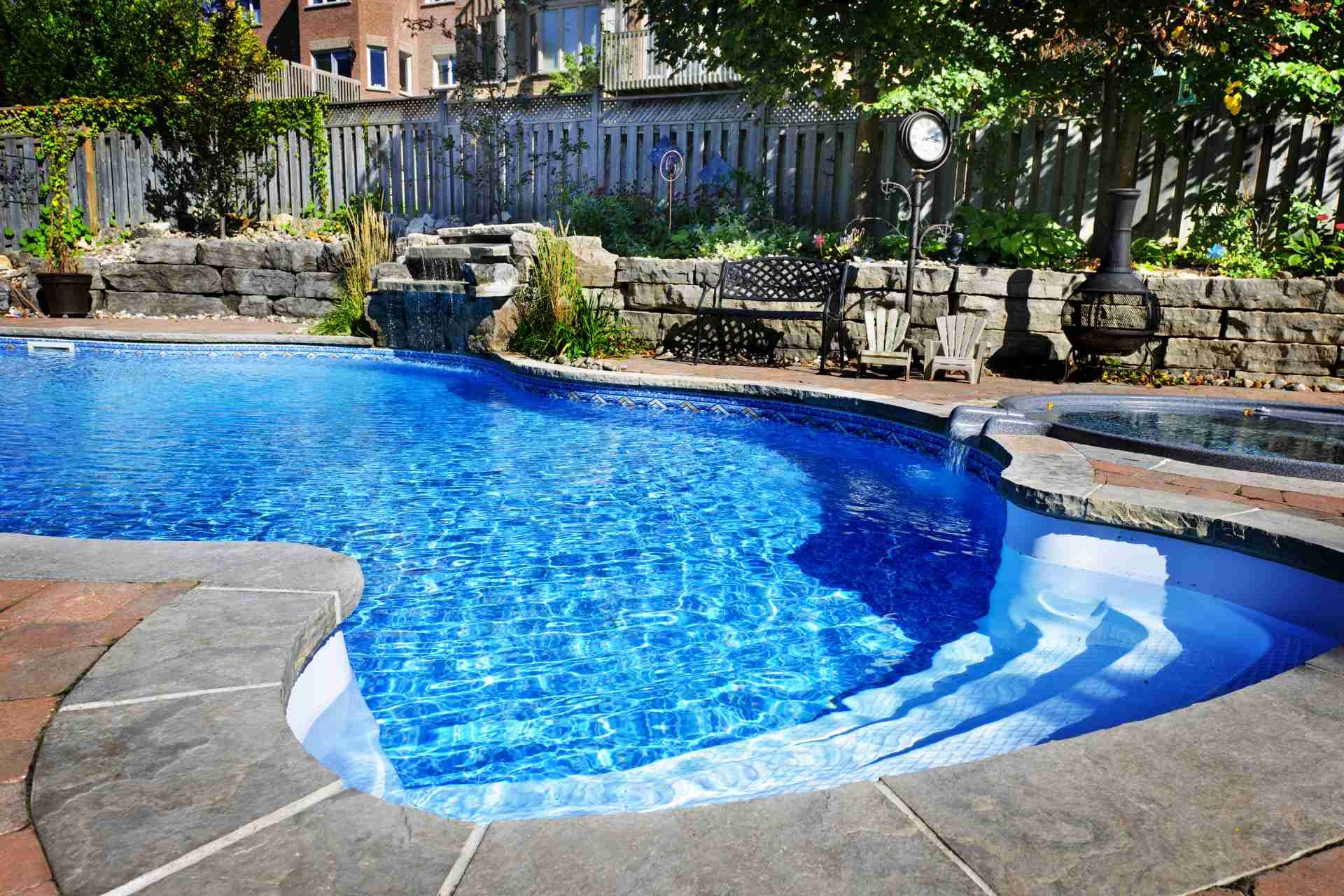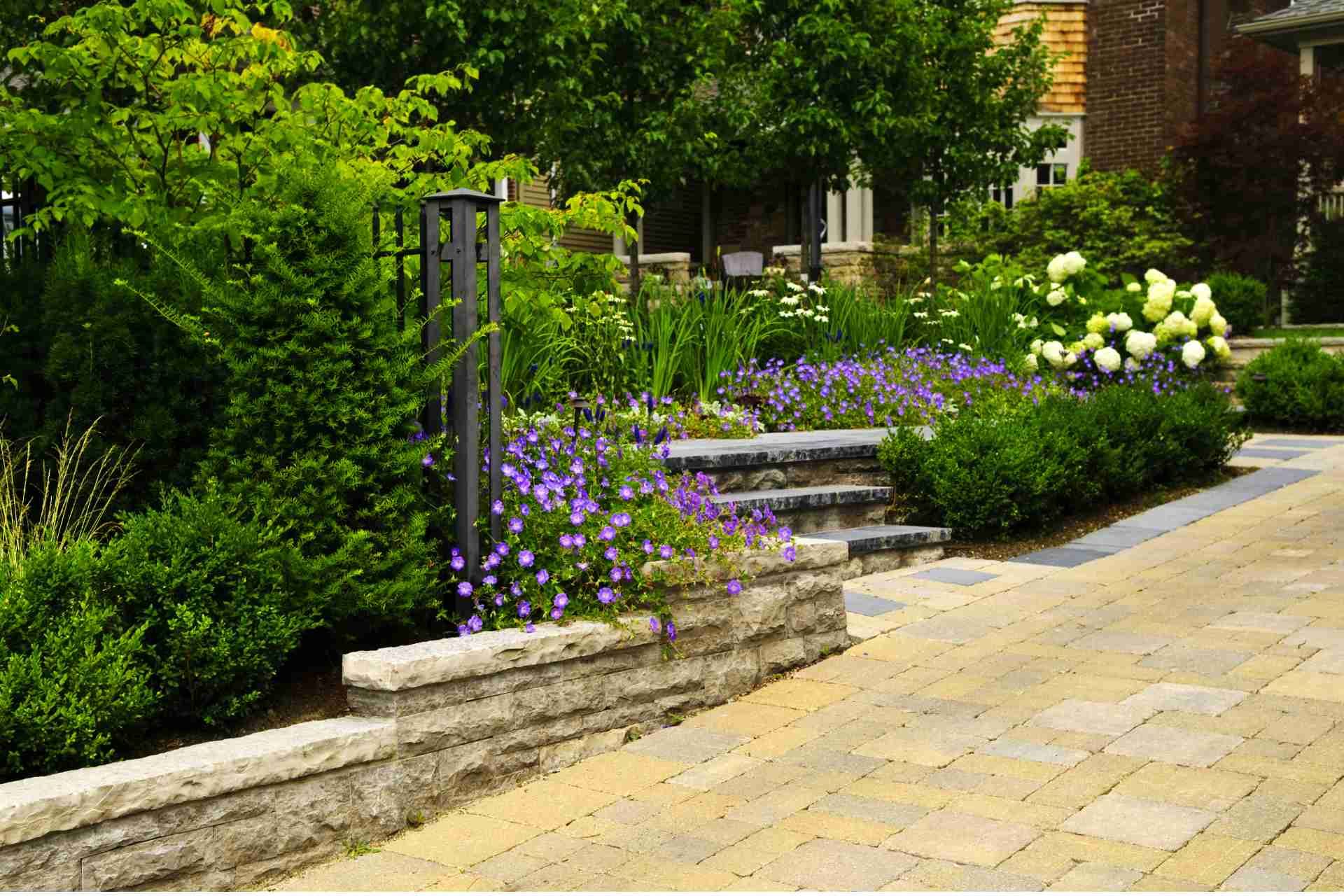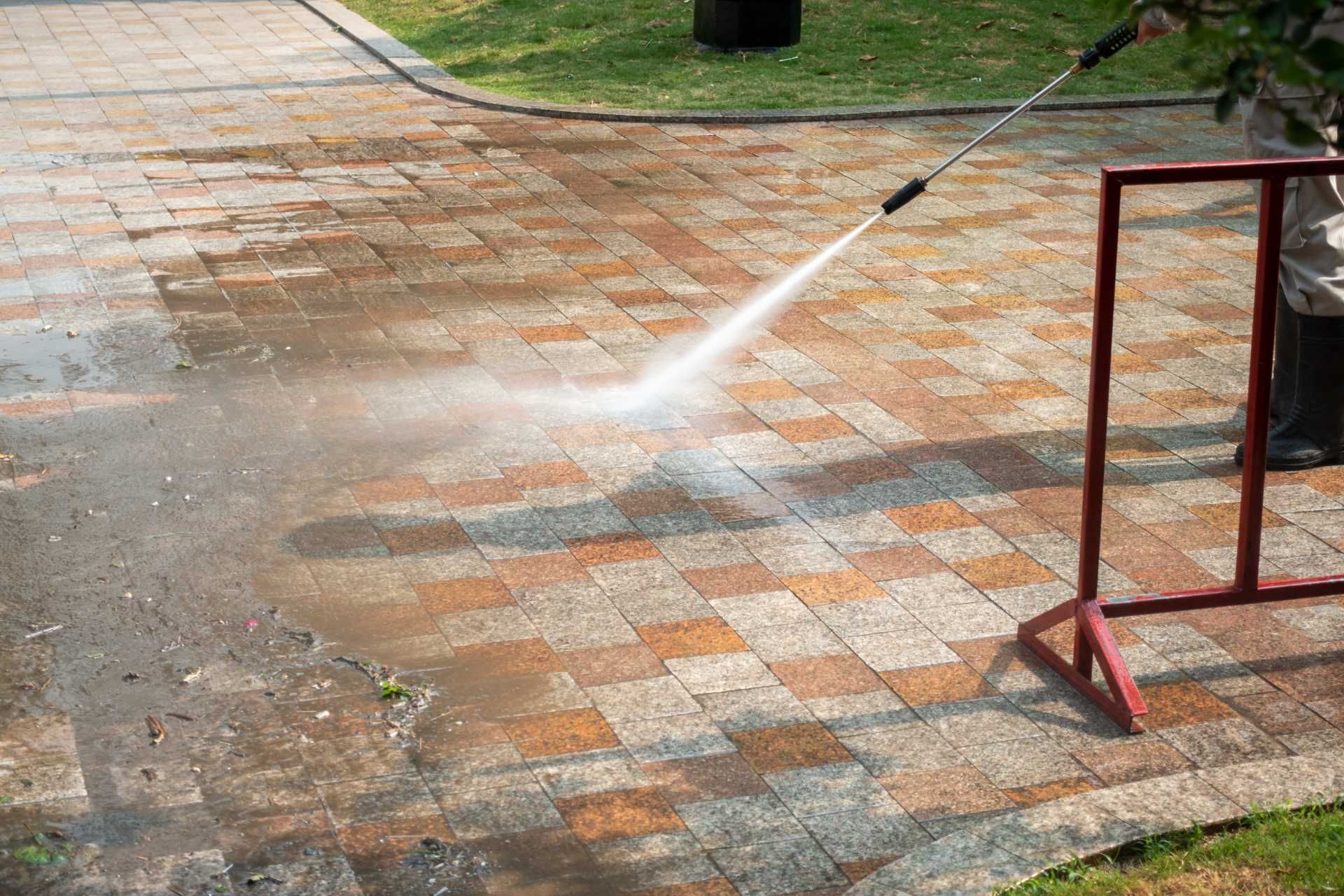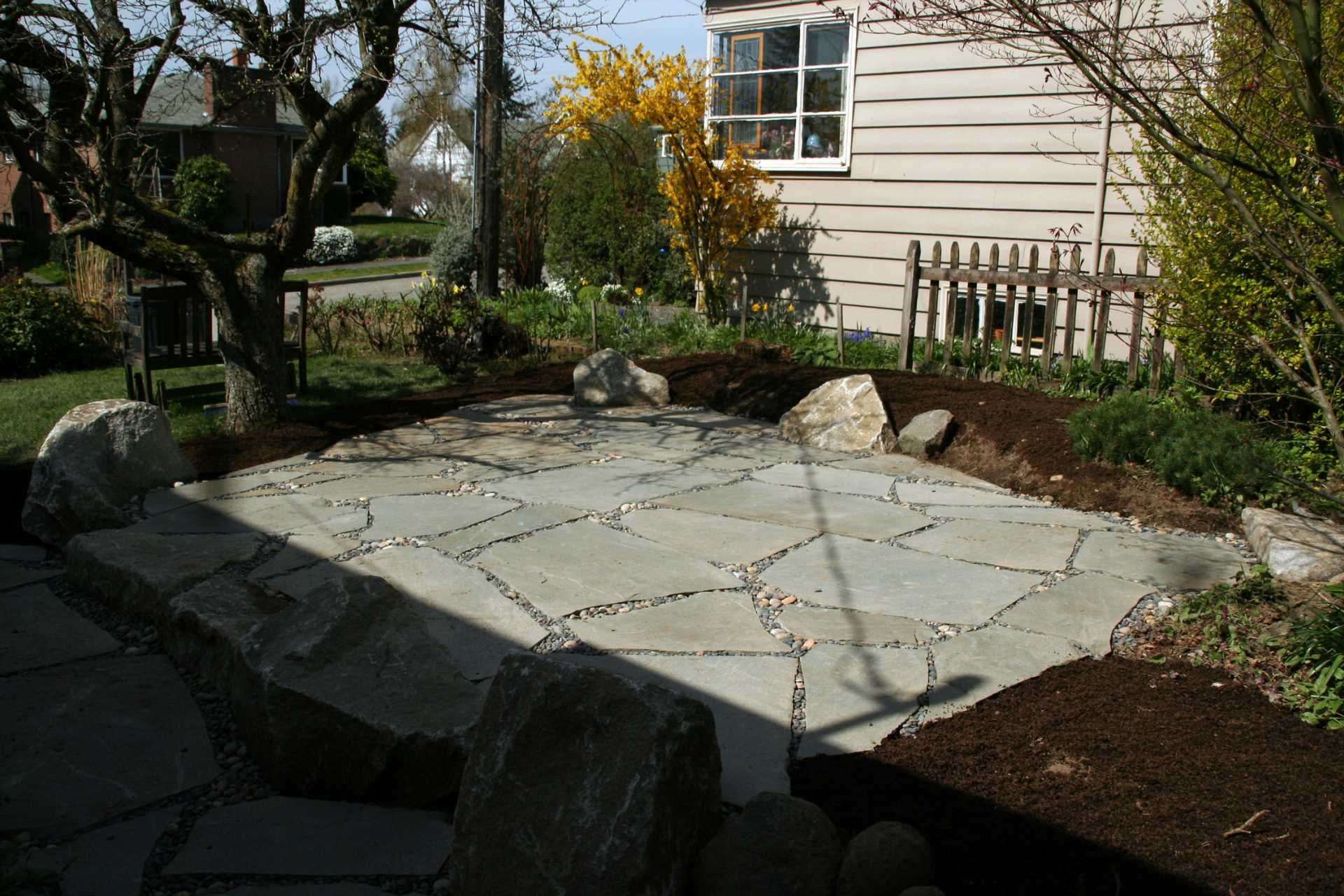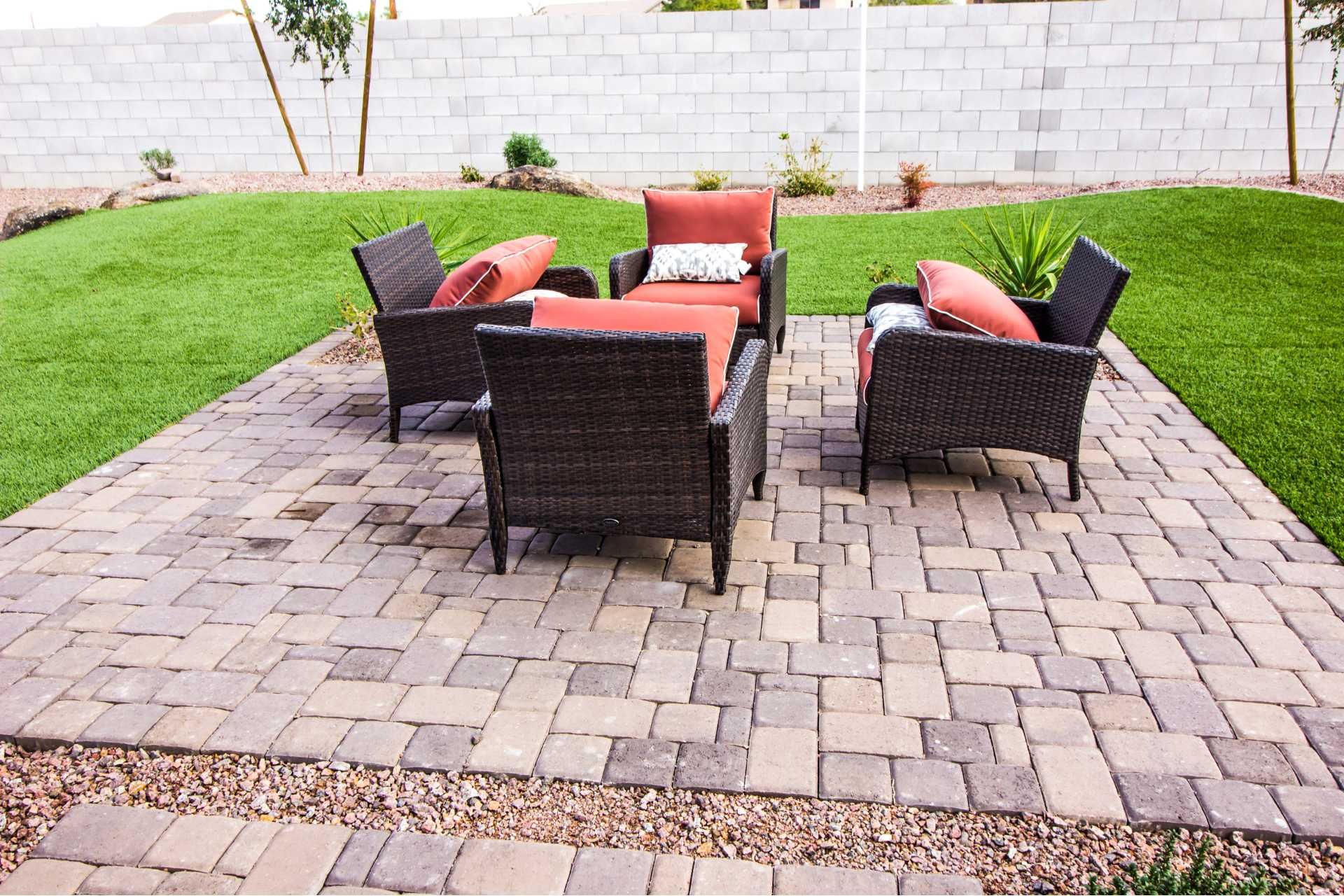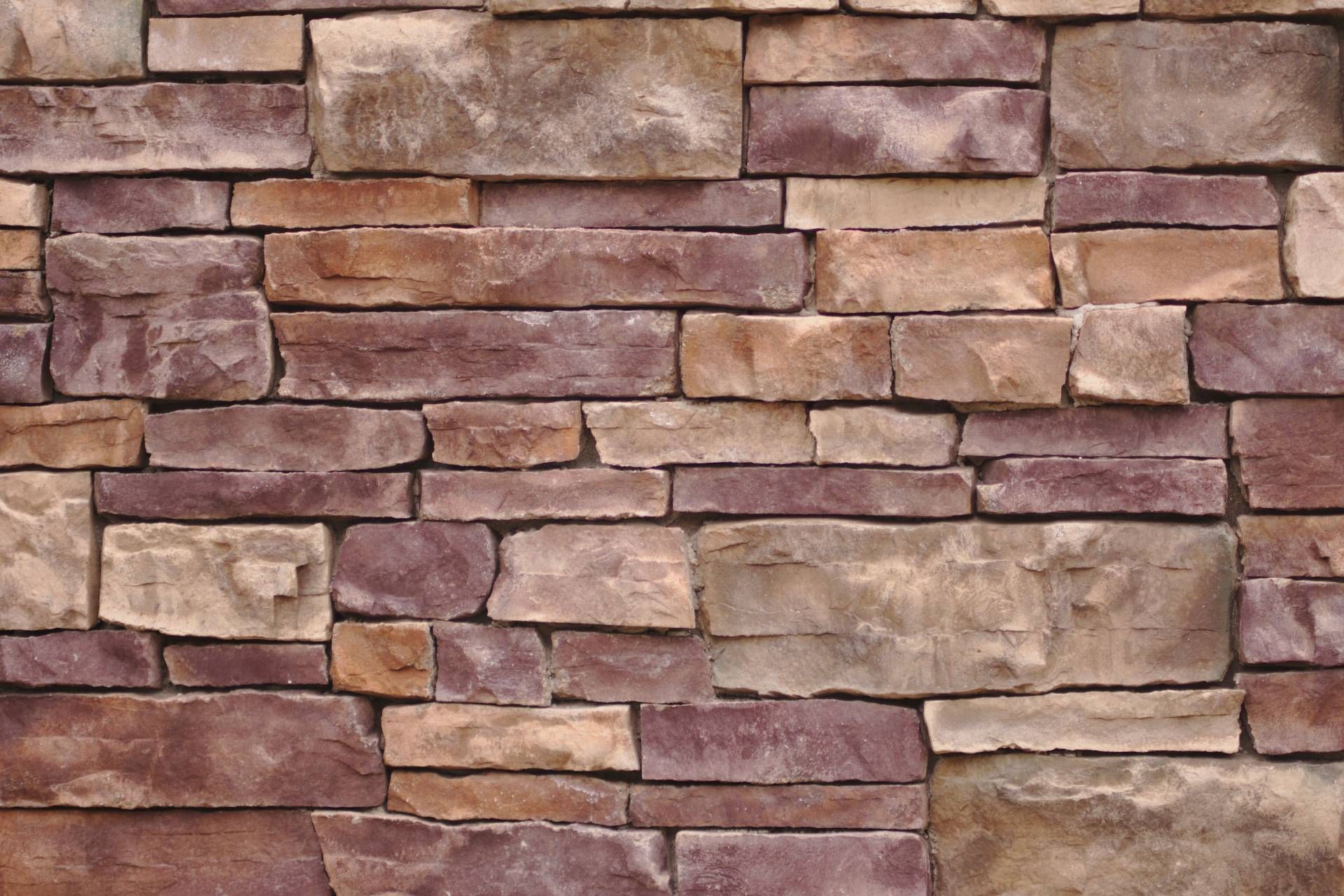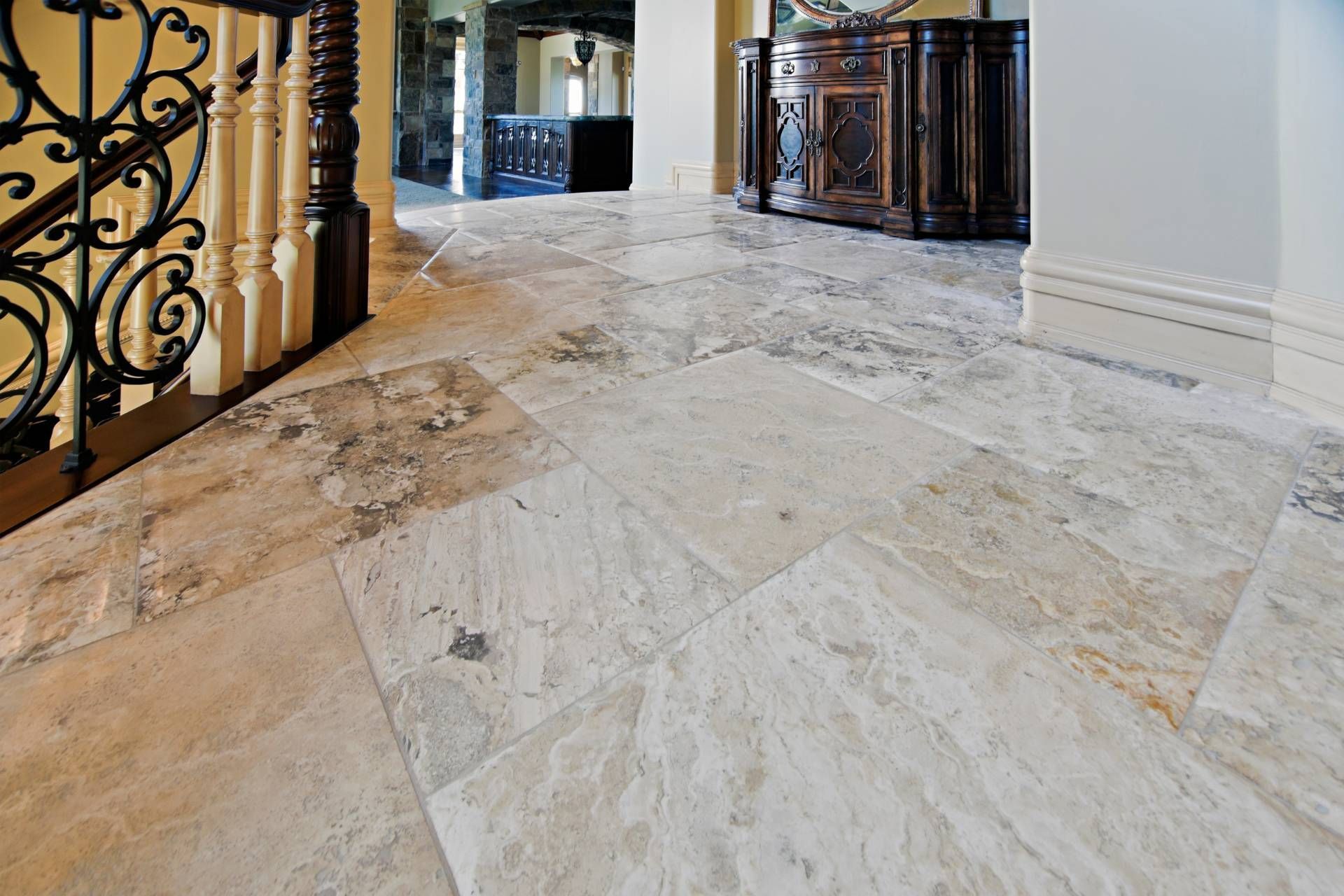Can Natural Stone be Stained?
Natural stone is often used for countertops, flooring, walls, and outdoor hardscaping projects. It is considered to be a timeless and elegant choice for adding a natural element to any space.
However, like any surface material, natural stone is susceptible to staining if not properly cared for. Stains can detract from the natural beauty of stone and can be difficult to remove without proper treatment. In this blog post, we will explore how natural stone can be stained and provide tips on how to prevent and treat stains to keep your surfaces looking as beautiful as the day they were installed.
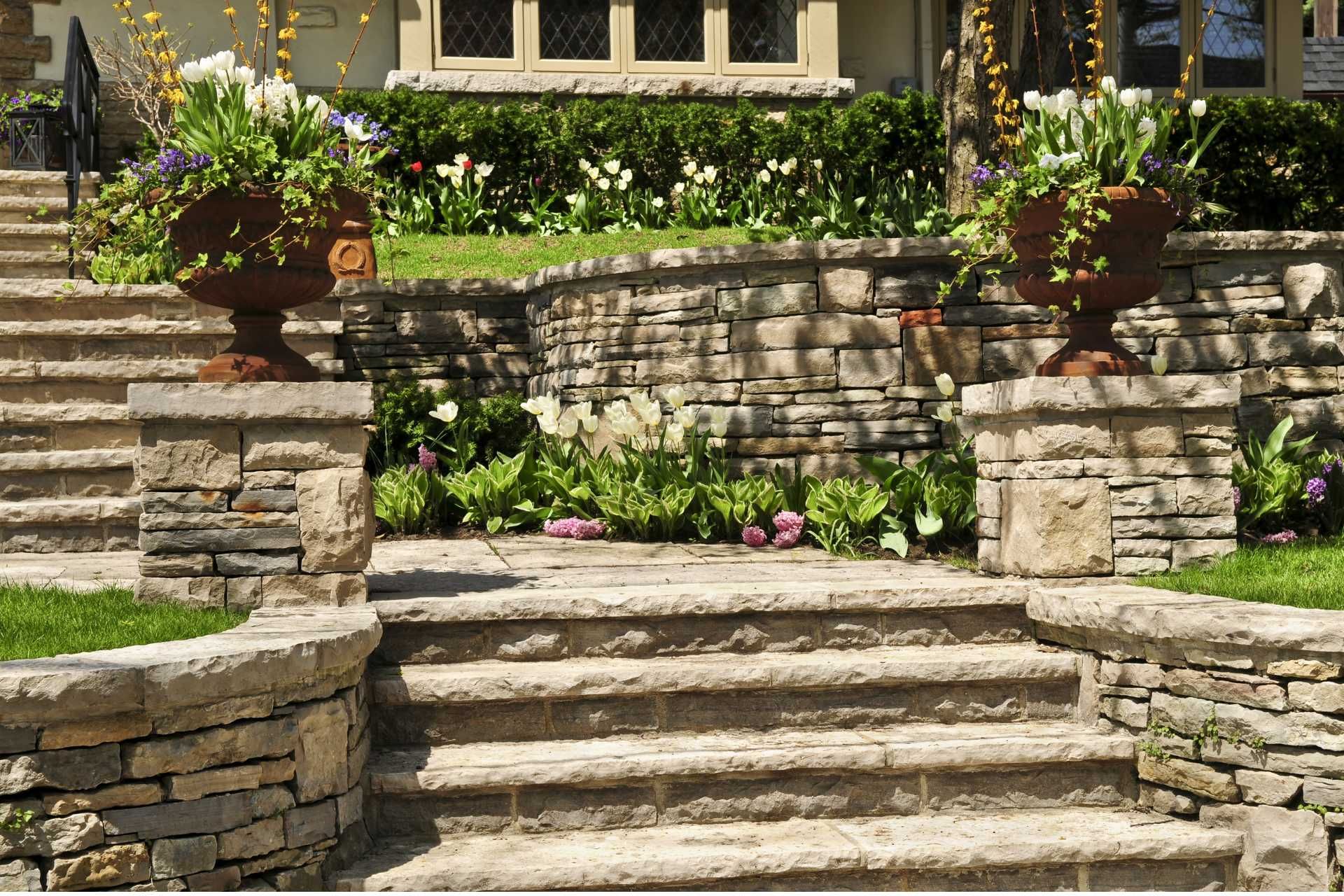
But Can Natural Stone Be Stained?
Yes, natural stone can be stained. While natural stone is known for its resistance to scratches and heat, it is not completely impervious to stains. Certain substances like wine, coffee, oil, and acidic liquids can seep into the pores of the stone and leave unsightly marks.
How Natural Stone Can Be Stained?
Natural stone can become stained from various sources, including food and beverages, oils, dirt, and minerals in water. Several ways that natural stone can become stained include:
- Oil and grease: Spills from oils and greases can penetrate into the stone and cause stains. These types of stains can be difficult to remove, particularly with porous stones such as marble or limestone.
- Food and beverages: Spills from acidic foods and drinks, such as citrus fruits, red wine, and coffee, can etch the surface of the stone and leave stains. These stains can usually be removed with cleaning solutions specifically designed for natural stone.
- Water minerals: Hard water can leave mineral deposits on the surface of natural stone, creating a dull, cloudy appearance. Regular cleaning with a pH-balanced cleaner can help prevent mineral buildup.
- Dirt and grime: Dust, dirt, and other debris can build up on the surface of natural stone and cause discoloration over time. Regular cleaning and sealing can help prevent stains from dirt and grime.
- Efflorescence: This is a white, powdery substance that can form on the surface of natural stone due to moisture migrating through the stone and carrying minerals to the surface. It is not a true stain but can affect the appearance of the stone.
How can stains in natural stones be removed?
Stains on natural stones can be removed using various methods depending on the type of stain and the type of stone. Here are some common methods for removing stains from natural stones:
Poultice
A poultice is a paste-like substance that can be applied to the stained area and left to dry. It draws out the stain from the stone. Poultices can be made using ingredients like baking soda, hydrogen peroxide, or a commercial stone cleaner.
Commercial stone cleaners
There are many commercial stone cleaners available that are specially formulated to remove stains from natural stones. Follow the manufacturer's instructions carefully when using these cleaners.
Baking soda and water paste
Mix baking soda and water to create a paste and apply it to the stained area. Scrub gently with a soft brush and rinse thoroughly.
Hydrogen peroxide
Hydrogen peroxide can be used to remove organic stains from natural stones. Apply hydrogen peroxide to the stained area and let it sit for a few hours before rinsing thoroughly.
Ammonia
Dilute ammonia with water and apply it to the stained area. Let it sit for a few minutes and then scrub gently with a soft brush before rinsing thoroughly.
Honing
If the stain is deep or stubborn, honing may be required. Honing involves gently grinding the surface of the stone to remove the stained layer. This should be done by a professional to avoid damaging the stone.
Professional cleaning
For stubborn or deep-set stains, it may be necessary to hire a professional stone cleaning service to effectively remove the stain without damaging the stone.
Ways to Prevent Stains in Natural Stones
- Seal the stone - Natural stones are porous and can easily absorb liquids, leading to stains. Applying a sealant to the surface of the stone can help prevent liquids from seeping into the pores and causing stains.
- Clean up spills immediately - Promptly cleaning up spills on natural stone surfaces can help prevent them from penetrating the stone and causing stains. Use a clean, damp cloth to wipe up spills as soon as they occur.
- Use coasters and trivets - Placing coasters under cups and glasses, and trivets under hot pots and pans, can help protect natural stone surfaces from potential stains and damage.
- Avoid using harsh chemicals - Harsh chemicals, such as
bleach and ammonia, can damage natural stone surfaces and cause staining. Use mild, pH-neutral cleaners specifically designed for natural stone when cleaning.
- Use cutting boards - Avoid cutting food directly on
natural stone countertops or surfaces, as this can cause scratches and stains. Use cutting boards to protect the stone from damage.
- Avoid placing hot items directly on the stone - Hot pots, pans, and dishes can cause natural stone surfaces to discolor or crack. Use trivets or hot pads to protect the stone from heat damage.
- Regular maintenance - Regularly clean and maintain natural stone surfaces to keep them looking their best. Follow the manufacturer's guidelines for care and maintenance to prevent stains and damage.
Get Top-Quality Natural Stones
At
NH Thinstone, we offer top-quality natural stones that are perfect for any landscaping or building project. Our stones are sourced from quarries all around the world, ensuring that you get the best selection of colors, textures, and sizes to choose from. Whether you are looking for flagstones, cobblestones, or
veneer stones, we have what you need to bring your vision to life.
Contact us today to learn more about our natural stone products and how they can enhance the beauty and value of your property.
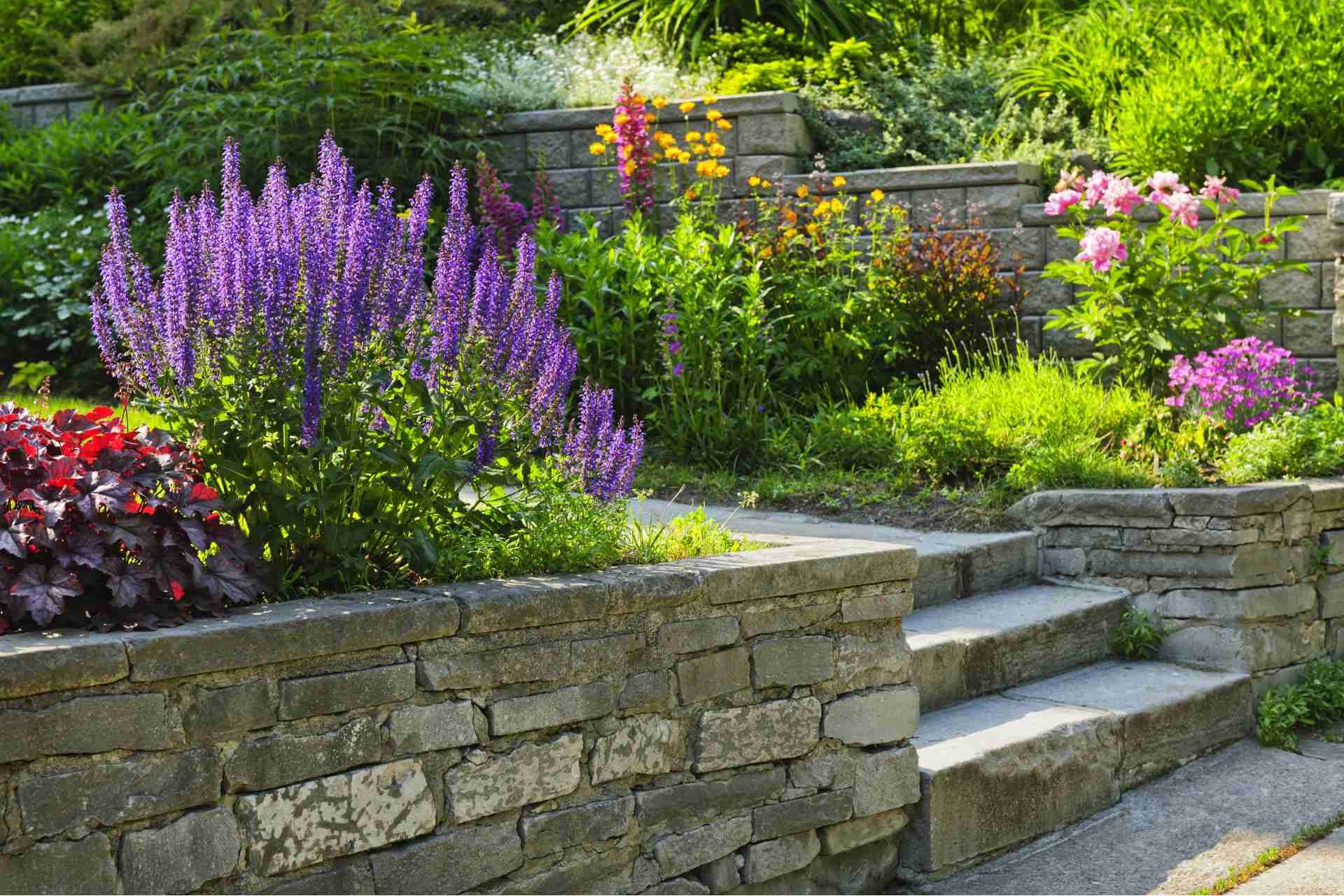
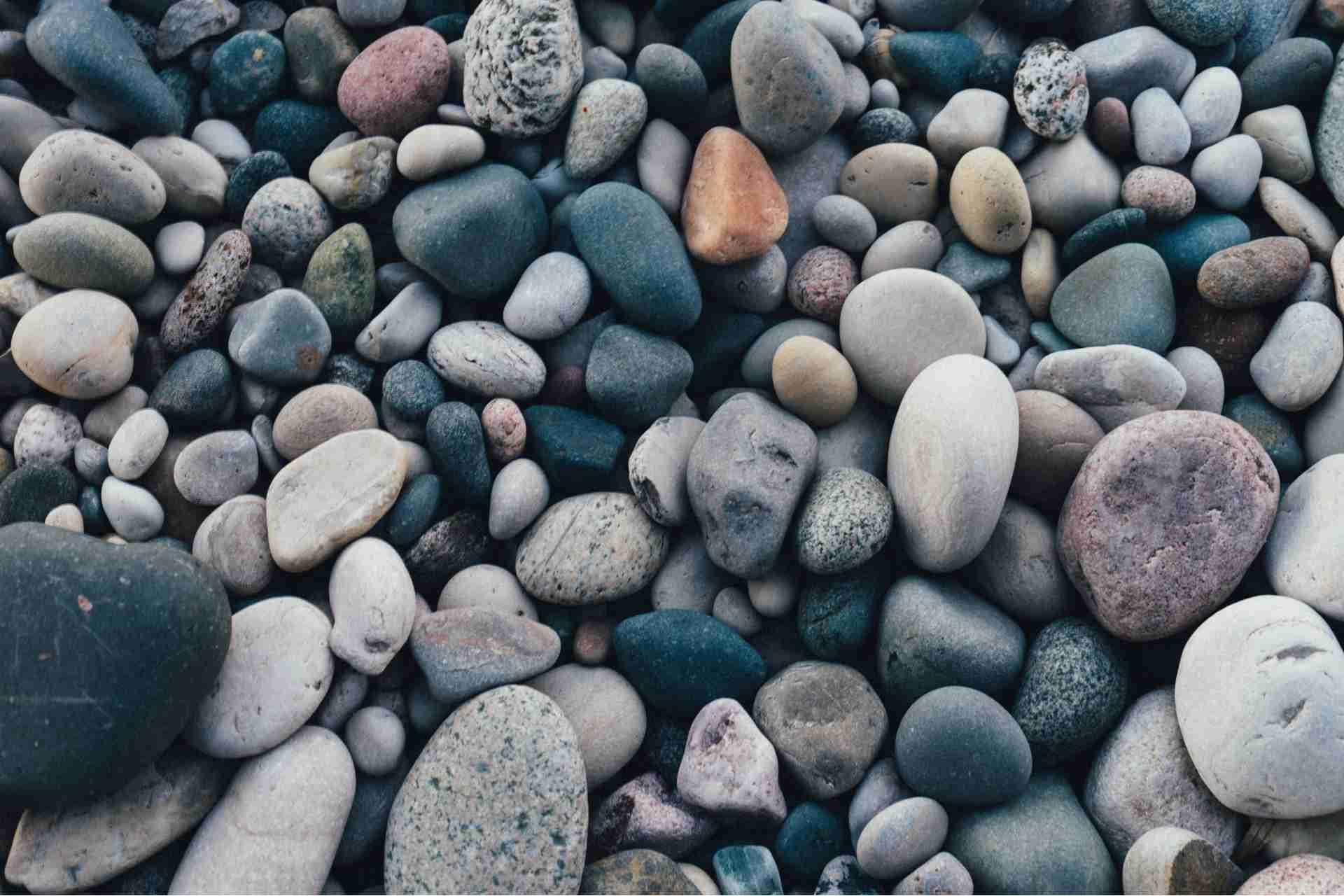
NH Thinstone
760 NH-16
Ossipee, NH 03864
CALL US
Phone: (603) 837-6685
EMAIL US
Email: ordersnht@gmail.com
HOURS
- Monday
- -
- Tuesday
- -
- Wednesday
- -
- Thursday
- -
- Friday
- -
- Saturday
- Appointment Only
- Sunday
- Appointment Only
Copyright © 2023 NH Thinstone, All Rights Reserved.

